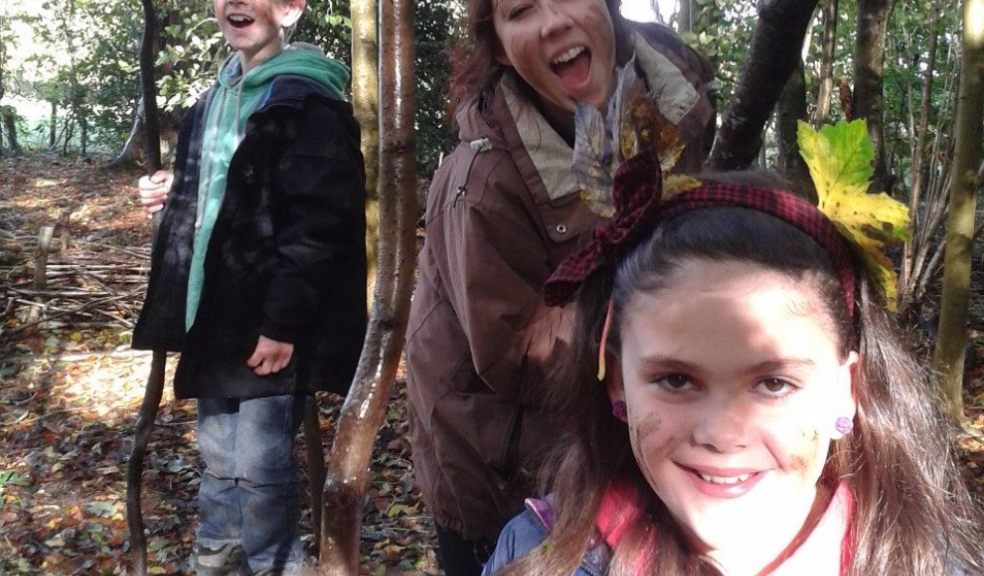
Raising a more sustainable generation of kids
For many years, parents have repeatedly been faced with the question of how best to bring up their children so that they become independent, critical, self-confident and self-conscious people. Nowadays, the aspect of sustainability is becoming increasingly important, especially for environmentally conscious parents. On the one hand, the upbringing style itself should be sustainable, that is, one that offers the child a constant basis on which it can build a healthy personality. On the other hand, sustainability as a value of one's own life, which includes a conscious use of the environment, should be part of modern education.
Sustainable clothing
Most of the clothes we have on the market today are made from synthetic materials derived from petrochemicals that cause global warming. Conventional cotton growing consumes 25 percent of the total amount of all herbicides, pesticides, and ten percent of insecticides. These substances, except on fibers, remain also in the soil, water and air for months and even years. Together with the synthetic dyes on the fabrics and other chemicals used in the processing they are all absorbed in the human body.
That is why it is important to teach your children how to dress more sustainably, how to choose their toys smart, and how to live a more sustainable life. It will be good not just for the planet, but for them too. Sustainable clothing is more available than ever and you can check out more at Rockay.com
Educational methods that children enjoy
In order to bring sustainability closer to children in a playful way, a role can be assigned to children, for example, when shopping in a supermarket. Everyday products in particular, such as the clothes that every child puts on in the morning or the furniture on which they sit, have a story. If parents explain to their children that sustainable clothing made of good materials not only makes sense for the producers but is also good for their own bodies and keeps nature in balance, they take will this information with them into their later lives.
In order to impart knowledge about how to deal with nature, parents should regularly go to the forest with their children or plant a vegetable patch in the garden. It is also important to be aware that not everything that no longer works has to be thrown away and replaced, but that it can often be easily repaired. A small repair workshop where children can let off steam and experiment is fun and serves to convey sustainable values.
Social background
It should be possible to guide children to sustainable use of their environment regardless of their social background. In addition to their own upbringing, they can learn more about nature or the protection of animals and plants in clubs or in various public activities.
Bring children closer to sustainability
No one likes to live in a throwaway society. Those who are aware of the long-term consequences of blind consumption and are honest with themselves cannot approve of such behavior. Unfortunately, many just close their eyes and take care of "their own" problems, but forget that environmental pollution and the like.
Teaching children a sustainable lifestyle from an early age is therefore especially important. It is also not as difficult as many think, because children don’t usually close their eyes as skillfully as adults. It is precisely children’s empathy that is the crucial point in learning sustainable life models. If everyone were only interested in their well-being, they would take no account of the lives of others.




















